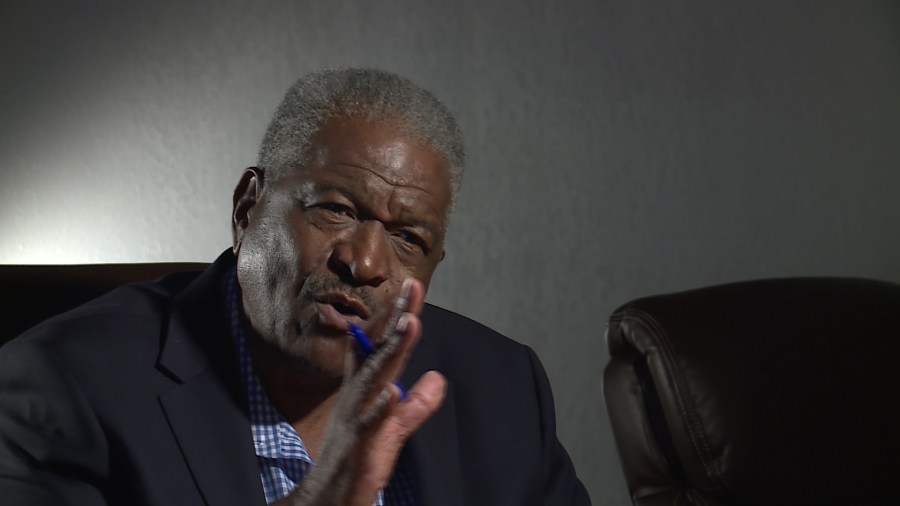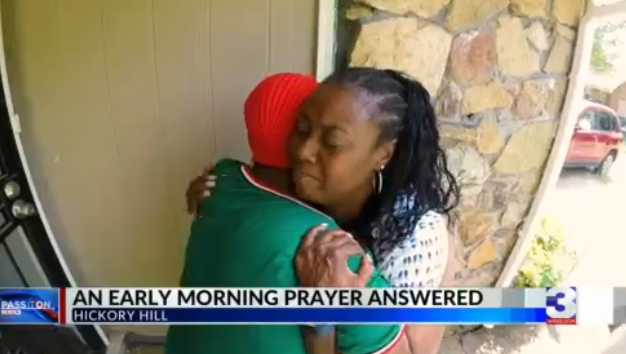MEMPHIS, Tenn — The Black Farmers and Agriculturalists Association has taken a new fight for farmers to court.
Last summer, the U.S. Department of Agriculture paid out $2.2 billion to Black farmers who faced discrimination from its agency in the past.
However, BFAA’s President Thomas Burrell said that’s not nearly enough.
They sued the government, saying the relief program should have included heirs.

“Now all of a sudden USDA is saying inheritance is not relevant. Inheritance is always relevant,” said Burrell.
“How can you compensate that person, on the one hand, and at the same time, mathematically, and systematically says your heir can’t file the claim?” said Burrell.
An attorney for BFAA went before a panel of judges to plead their case at the 6th Circuit Court of Appeals in Cincinnati, Ohio on Thursday.
According to members, they are not depending on compensation from the courts but demanding answers from the organization claiming it’s advocating on their behalf.
Members demand answers from Black farmers advocacy group
“Mr. Burrell? How could you drop the ball? Why didn’t you submit our information to the USDA?” said BFFA member Kiki Singletary-Williams.
“We were informed that we would be getting our payments in some time, September 2024 was what I was told,” said Singletary-Williams.
She says many of her relatives have been members for decades, and besides submitting lots of personal information, were given the impression the only thing to do was to keep their dues up to date.
“There was a lot of emphasis on the fees. Then they’re handling things,” said Singletary-WIlliams. “They’re working back and forth with the organizations, USDA, whoever, and that there’s nothing else that we would need to do.”
She says she has not received a dime from the organization as part of a settlement or directly from the government.

Singletary-Williams has documentation of her membership dating back to 2008.
Her uncle, Milton White, told the WREG Investigators he joined in the early 2000s and paid yearly dues for roughly eight people like his children and parents.
“That’s a lot of money that I poured in and got no, no result at all,” said White.
WREG found stories like White’s at the Tennessee Attorney General’s Office where Singletary-Williams and several BFFA members have filed complaints.
An Alabama woman wrote, “This organization has been collecting membership dues of $100 per year from thousands of families for years and giving them false hope of receiving a class action lawsuit compensation of $50,000.”
In another complaint, that was partially handwritten, a member mentioned that same $50,000 and said “no one” will “pick up the phone.”
A member from Texas wrote, “Quit exploiting Black people be honest tell the truth.” The complaint also referenced “bogus Zoom meetings”.
The organization’s method of communication, or what some call a lack thereof is something the WREG Investigators also heard about from other BFAA members.
“In order to talk to Mr. Burrell, we were told by the office staff that is very rude too, ‘You have to follow Mr. Burrell!’ You have to subscribe to his newsletters,” said Singletary-Williams.
According to the organization’s website, his newsletters cost 10.99 a month.
Burrell said the purpose of conducting meetings via Zoom is to reach more members, which ultimately saves money, he said, rather than having to rent spaces for in-person meetings.
His PR representative also said the fees collected are meant to offset costs for a technology vendor.
WREG asked Burrell, about the complaints in general, “How do you address that, how do you address those complaints?”
“I don’t know any organization that’s perfect, but look at what we’ve done,” said Burrell.
Burrell says their history of helping Black farmers stands for itself.
























